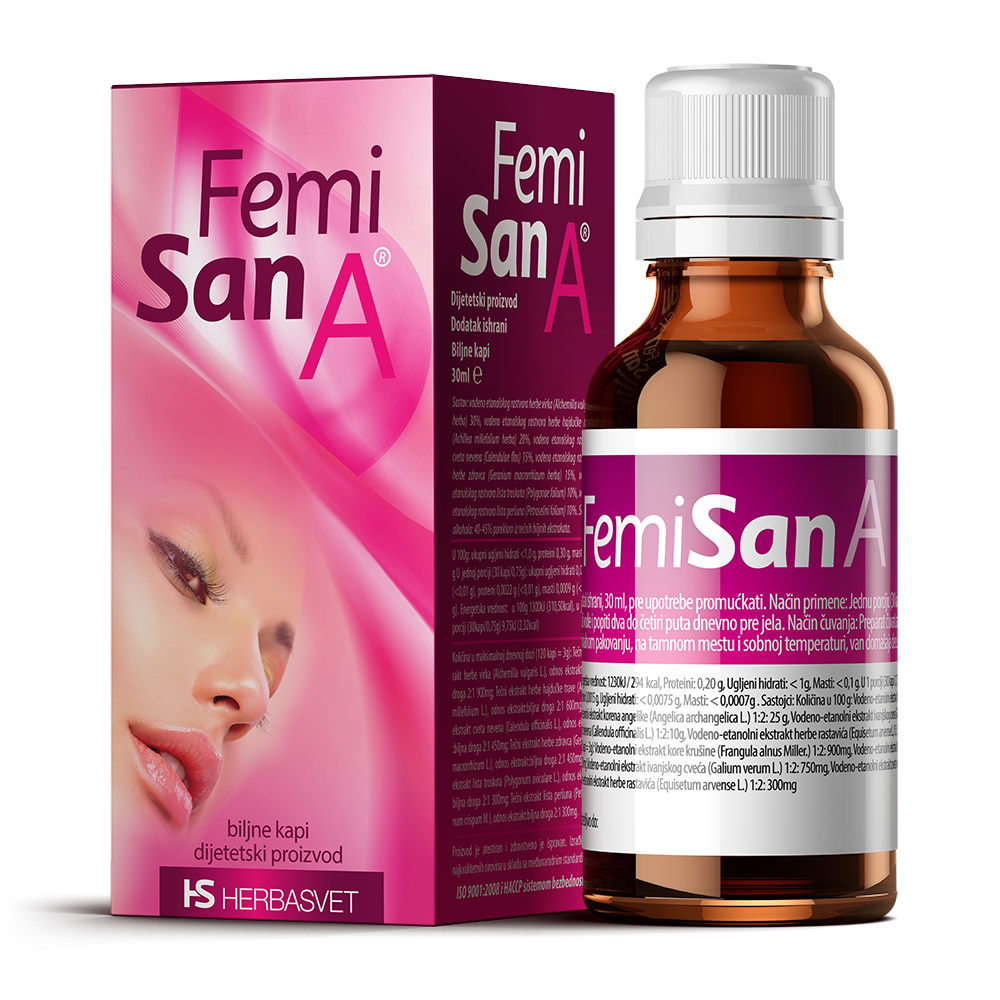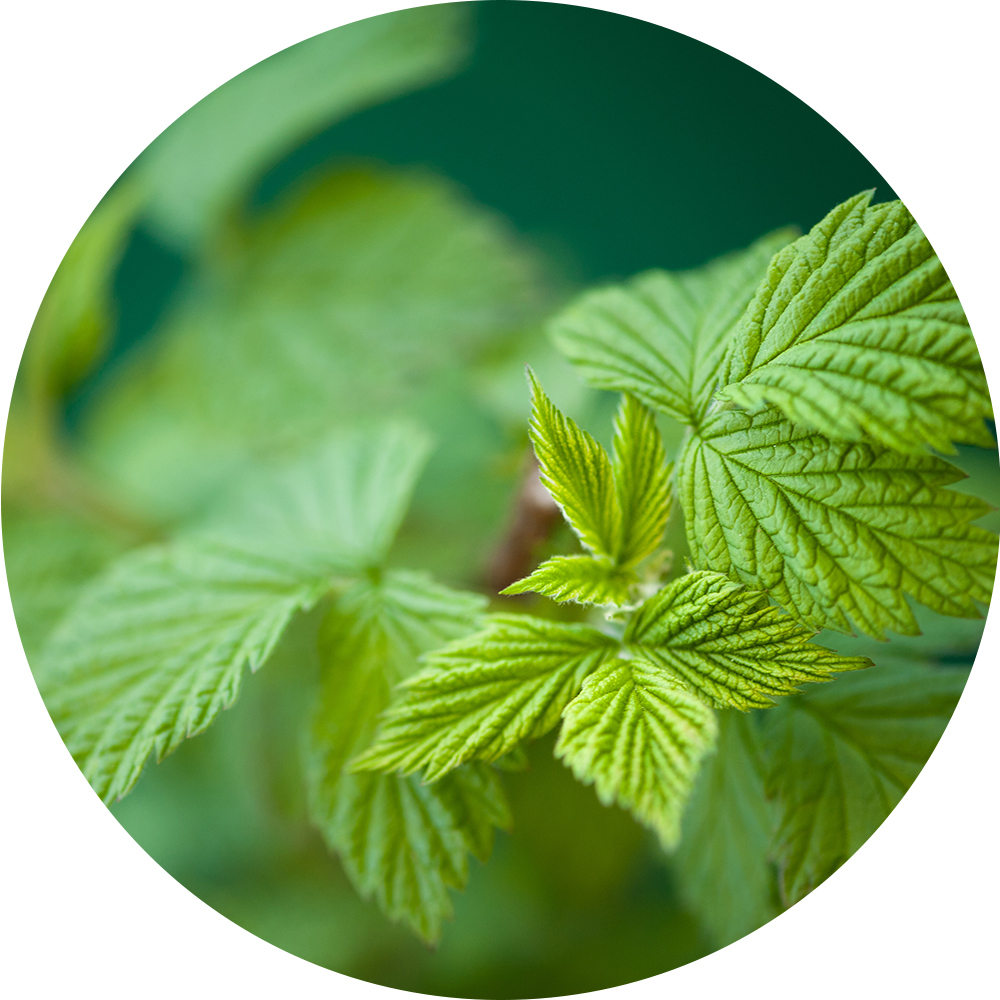(Rubus idaeus)
While picking raspberries, Zeus’ wet nurse Ida accidentally pricked her finger on a thorn. Raspberries were snow-white at the time, and her blood turned them red. That is what Greek mythology says. This plant, which originated in Asia and which was “sowed” by animals all over the place, is often found in archeological excavations, as an obligatory part of ancient healing materials. Among the natives of America, raspberry twig symbolises fertility, and its generous bearing of fruits wherever it grows is a lesson of nature to us all how to behave and share our precious gifts with others.
Raspberries have always been associated with fertility, kindness and matters of the heart. They do not bear fruit in the first year of growth when they use all their power to strengthen the root. After a year, they are ready to blossom and bear fruit. The symbolism is clear, and our ancestors noticed it early: to achieve abundance and bear fruit, maturity and patience are necessary. The thorns that surround the tender fruit teach us that we must protect what is most precious to us. Those worthy of its fruit must adapt and harvest it carefully, and raspberry will wisely let them do it, knowing that in this way its seeds will be transferred to distant lands which will secure its future. Giving thus ensures survival.
FRUIT AND LEAF ARE BOTH BENEFICIAL
Serbia is famous for its raspberries and is one of the five largest producers and exporters in the world. Raspberry varieties that are mostly grown in our country are Polka, Polana, Vilamet and Miker. Research has proven that it is much more than a delicious fruit. The fruit of raspberry is velvety and tender, but its root system is very strong. However, the most healing part of the plant is its leaf. Fruit-gathering women realised very early on in history, as early as in the Stone Age, that raspberry leaf could help them. In addition to numerous rituals, amulets, magic and spells, raspberry leaf infusion has proven to be an ideal solution for women’s ailments, so it was highly respected in folk medicine. It has long been used for painful menstruation, to strengthen the uterus and to help breastfeeding women.
And what do we know today? Our ancestors were right. Rubus idaeus (its Latin name) is rich in magnesium, potassium, manganese, selenium, calcium, phosphorus, zinc and iron in particular. Raspberry leaf contains organic acids, polypeptides, flavonoids, tannins… It helps with nausea and leg cramps. It is an excellent astringent, it constricts blood vessels and stops heavy bleeding. It is useful for the skin – burns, eczema, rashes – and also helps with gum disease. Vitamins B, C and E boost the immune system and provide energy. It is effective in cleansing the body and has the power to ‘flush out’ the hormones we are exposed to either through food or the environment, so it can help both women and men maintain a good hormonal balance.
The European Medicines Agency mentions the use of raspberry leaf for painful menstruation, for easier childbirth, against morning sickness, as mouth wash to treat inflammation of mucous membranes, bleeding wounds, conjunctivitis, help with diarrhoea and disorders of the digestive, respiratory tract and cardiovascular system.
RASPBERRY FOR FERTILITY
Berry plant leaves have traditionally been used throughout history and today we know that such use is completely justified because the leaves are rich in active ingredients which have a healing effect. Raspberry leaf helps with gynaecological disorders, menstrual disorders, cramps, childbirth and gastrointestinal problems. It stimulates, facilitates and shortens childbirth. The astringent properties of raspberry leaves tighten tissues, which is useful for changes on the skin and mucous membranes of the oral cavity and the genital area, as well as for heavy bleeding. Quercetin and kaempferol in it have anti-inflammatory action, cinchonain has hypoglycemic effect and further reduces cramps, while ellagitannins have antimircobial properties.
This medicinal herb is of great help to women who are trying to conceive. It strengthens the wall of the uterus, which increases the chances of conception and reduces the risk of miscarriage. It relieves morning sickness during pregnancy and prepares the uterus for childbirth: it helps to give birth faster and easier and to make contractions more effective. After pregnancy, it helps to reduce bleeding and swelling and to increase milk production, as well as to balance hormones faster. High levels of iron strengthen the blood, especially after heavy bleeding, while manganese strengthens connective tissues.
How else does raspberry leaf affect the uterus? In the laboratory, the alkaloid fragarine was extracted from it; the alkaloid has the power to simultaneously tone and relax muscles, i.e. to balance their work. In addition to fragarine, strong astringent action of raspberries affects the contraction and strengthening of the uterine wall and pelvic floor muscles. The fact that raspberry is an ideal uterotonic has been scientifically proven – it stimulates the muscles of the uterus, which confirms the traditional use of this plant to induce childbirth, uterine prolapse and amenorrhea.
With raspberries, cramps disappear partly due to high levels of magnesium. The abundance of calcium in raspberry leaves is easily absorbed; calcium is very useful during PMS and its unpleasant accompanying symptoms such as irritability, nervousness and mood swings. In that regard, it can help with similar symptoms when entering menopause. Raspberry leaf is also an excellent diuretic, it helps to flush out excess water, which is especially useful for women in the second part of the cycle, as well as in perimenopause.
Raspberry leaf is here to help us with more serious problems: it has antioxidant, antimicrobial and cytotoxic properties thanks to the antioxidant sanguine H-6 and ellagic acid. Raspberries prevent fungal infections and have been shown to specifically stop the activity of Bacillus subtilis, Clostridium sporogenes, Staphylococcus epidermidis, Neisseria meningitidis, Moraxella catarrhalis, Helicobacter pylori, Corynebacterium diphtheriae and E. faecalis. Its cytoxic effect in the case of leukaemia, cervical cancer and dermal fibroblasts has also been proven.
FOR A SLIM WAISTLINE
In addition to making life easier for women, raspberry leaf also helps with intestinal problems and is a traditional solution for diarrhoea. Here again, its power to contract but also relax intestinal muscles and reduce cramps comes to the fore, thus facilitating digestion and reducing distention. The tannins in its leaves alleviate sore throats and flu and antioxidants strengthen immunity and help us recover faster after an illness. Raspberry leaf is a kind of natural tonic that has a beneficial effect on the whole body.
Raspberry has another ace up its sleeve: its hypoglycemic effect makes this medicinal plant an ideal therapy as well as prevention for diabetes and metabolic syndrome and even more complex diseases such as Alzheimer’s. Alongside fast metabolism and good digestion, raspberries will give us health and slimness. New research has shown that raspberry leaf is a therapy and prevention for kidney stones.
Raspberry leaf can be used in infusion blends, but is most useful in alcoholic tinctures. Today, it is known that raspberry seed infusion has a number of useful ingredients – fatty acids, tocopherols, carotenoids, flavonoids, phytosterols, antioxidants, monoterpenes. When it comes to natural remedies, it is recommended to use them for a longer period of time in order to achieve their full effect.
While we can enjoy raspberry fruit during its short-lived season every year, we can always use its leaf. Raspberry leaf is ideal for women in combination with lady’s mantle and yarrow; if marigold, herb robert and parsley seed are added to this then we have the perfect combination – Femisan A drops. Women can find salvation in this completely natural product based on medicinal herbs for irregular menstrual cycles, heavy and painful menstruation, unpleasant PMS, infertility and for more serious disorders such as polycystic ovaries, fibroids, cysts or cervix ectopia. Femisan A drops can be used from the first menstruation, they are an excellent preparation for pregnancy. They are available to everyone because, as nature teaches us, we must share our gifts with others.

